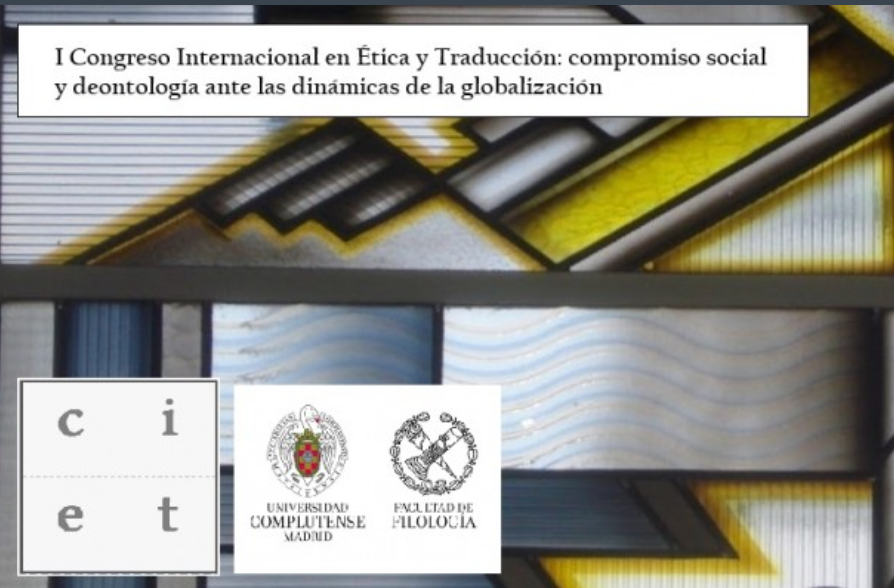
Call for Papers
In the current context, marked by armed conflicts, unprecedented migratory flows, social inequalities, hegemonic languages and the rise of language technologies, this Conference seeks to explore how ethics can guide translation practice from points of view as diverse and fundamental as accessibility, social and cultural identity, gender, the preservation of minority languages, censorship and manipulation of discourse, interpreting in social contexts or the responsible use of AI and language technologies.
Translation is not only a professional activity or a linguistic phenomenon, but an act of social mediation that involves decisions that affect cultural and identity representation, linguistic equity, social justice, the right to information and human rights themselves, turning translators into social agents of great importance in any communicative exchange. Likewise, a review of the ethical foundations in the history, research and teaching of translation can help to build a bridge between the past and the present, aimed at more conscious and committed professional training for the future of the field.
The Conference invites academics, professionals and students to discuss the ideological and social impact of translations and the role of translators in today’s society, highlighting their potential to build a more inclusive, respectful and ethically committed world. This academic event constitutes a unique opportunity to build an interdisciplinary dialogue and strengthen the ethical commitment of translation professionals, teachers and academics to highlight and showcase their ability to influence the construction of fairer and more inclusive societies.
Thematic lines:
- Deontology of the professional practice of translation and interpreting
- Ethics in translation research
- Ethics in translation and interpreting throughout history
- Ethical uses of language and T&I technology
- Ethical approaches in accessibility and linguistic mediation
- Translating and interpreting in the context of immigration and armed conflicts
- Interpreting and mediation in public services
- Deontological aspects in translation and interpreting teaching
- Ethical perspectives in specialized translation (legal, scientific, literary, audiovisual, etc.)
- Translation, ideology and society: ethical implicationsTranslation and ethics around identity representations (gender, sexuality, race, disability, etc.)
Conference languages:
Spanish and English, but proposals will be accepted in the other languages taught in the Degree in Translation and Interpreting at UCM (German, French and Italian).